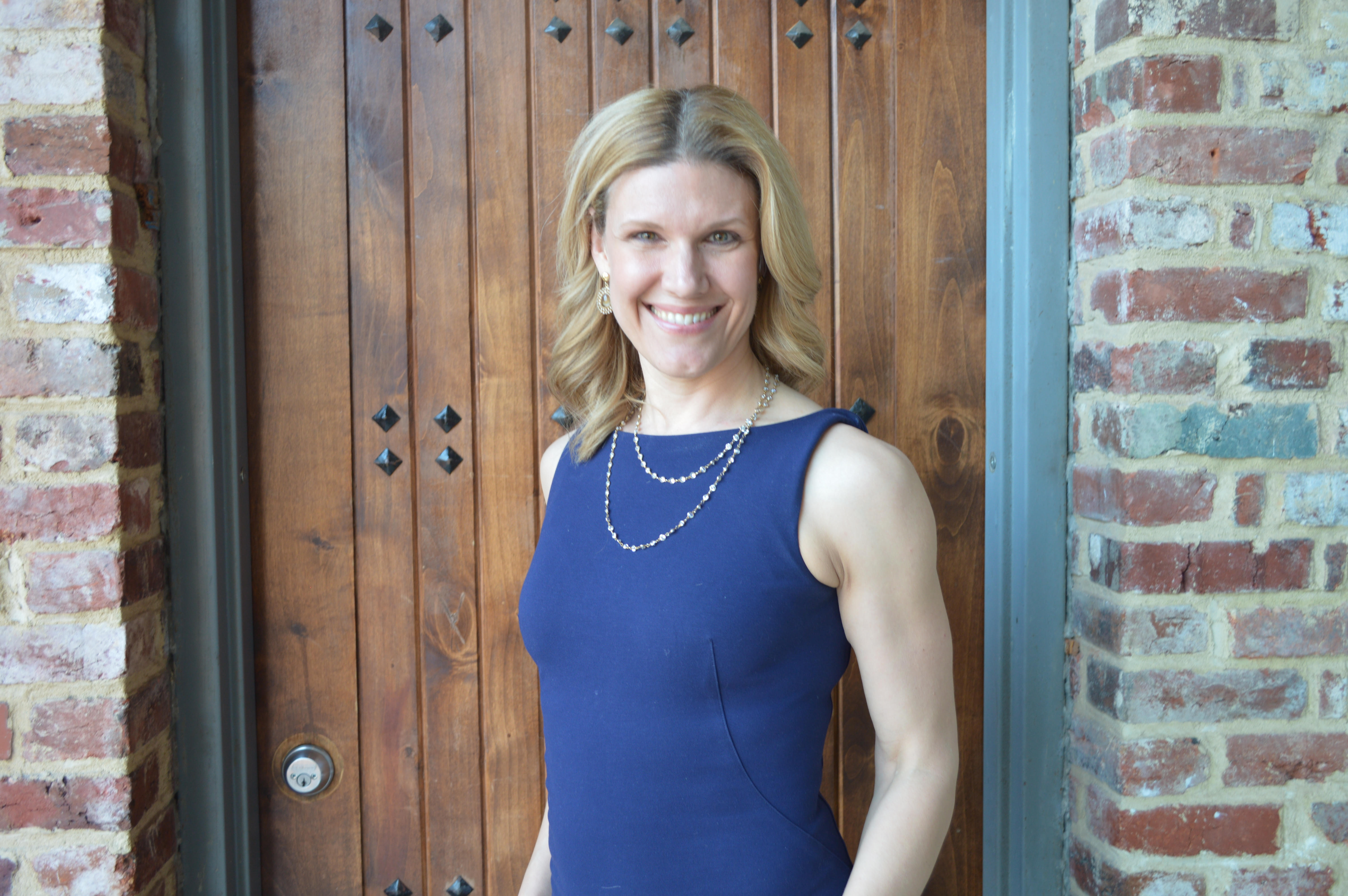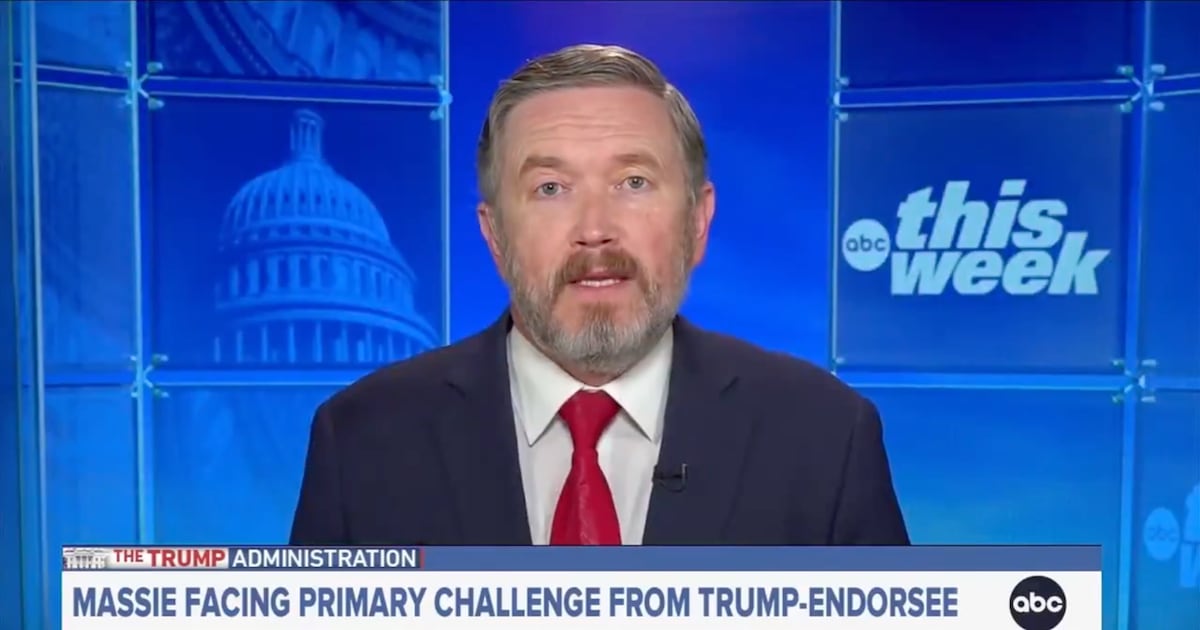Last week, I shared publicly my experiences with sexual harassment and assault—experiences that I had only previously disclosed to family members and friends—and found myself part of a movement.
Our stories revealed what we, as women, have always known: that men in positions of power routinely take advantage of us—and usually without recourse. Their sexual entitlement is endemic.
And in response, men—including many who, like Harvey Weinstein, have publicly championed women’s issues—largely stayed silent.
And squirmed. And tried desperately to change the subject. “Extremely important question: Are Cheetos chips?” one man I know took to social media to inquire, as #MeToos flooded our feeds.
Conservative ideologues—the same men who ignored and dismissed the serial predatory behavior of Roger Ailes, Bill O’Reilly, Donald Trump—came out in full force, mustering all the righteous indignation they could feign. We could hardly expect more.
But the disappointment packs a particular punch when supposedly progressive men—men who champion feminist causes and don pink hats—stay silent, deflect, or become defensive when we call out bad behavior. I’m not shocked. I have built a career working for progressive organizations and have long known that sexual predation is more of a byproduct of power than political ideology. I have spent years navigating relationships with men who I’ve considered supporters, leaders, even mentors in progressive circles, only to be blindsided when they press their legs against mine under tables, stroke the small of my back, grab my ass, or tell me how “spectacular” my breasts look at work functions.
I understand that the stories women have shared—ranging from distasteful to grotesque—have made many men uncomfortable. The ubiquity and scale of the problem is, indeed, overwhelming.
But to all of the uncomfortable men out there, I say this: Get over it. Women have been made to feel uncomfortable for years, forced to negotiate our sexuality in professional spaces. And in everyday life, as we run errands, ride buses, and carry out daily chores.
Many men have said that you hear and believe us: Good. Now do more. Grapple with the ways that you turned a blind eye to, ignored, or were complicit with our abuse and mistreatment. There are leaders among you—in my world, disproportionately men of color—who are stepping up in impressive ways. Follow their examples. Be specific. Blanket apologies do nothing.
But if there are particular things you did—or failed to do—acknowledge them and express remorse. I would welcome an “I’m sorry” from the man who failed to meet my gaze on the near-empty subway car two decades ago. Remember me? The 20-year-old whose eyes pleaded with you to intervene when the older man sat uncomfortably close to me, positioning himself in such a way that I feared I could not escape? I made it out unscathed, gratefully, but a mere glance my way—an “Are you OK?”—could have made me feel less alone and afraid.
To the many men who did nothing when you saw me surrounded by a pack of men in the bar, watched as they swarmed, unbuttoned my clothes, and felt me up and down: Is there a reason that you failed to intervene? That you didn’t even lend a hand to my girlfriend who dove into the fray to pull me out? That you laughed, perhaps? Or merely shrugged and decided that it was not your problem?
To the progressive men who are frightened by this moment and view it as a distraction from the larger fight for justice: Step aside. We are not troublemakers. We are redeemers. It is the hypocrites among you that make a mockery of our cause. Freed of them—and our own perverted sense of responsibility for hiding their dirty little secrets—we can build something much stronger and more enduring.
To those who have perpetrated offenses against women—or stood by when in positions to address them: Come to terms with the shame you have earned. Atone. Become more conscious of other men’s behavior—including your friends’—and step up when something seems off. Don’t assume that women need saving, but offer your support by asking if they need anything from you. Lean in to the awkwardness of difficult conversations with other men. Understand that valuing women’s dignity means standing up in the tough moments, when there could be a personal or financial cost to doing so. Help us change cultural norms around sexual harassment, assault, and the murkier category of “bad behavior,” as well as laws and workplace policies.
If you find our pain discomfiting, then buckle your seatbelts and prepare for our fury. Because this moment isn’t going away.
We are talking now, discovering that what was perpetrated against us was perpetrated against others—in many instances, by the same men. And once we have shared our stories of victimization, taking the next step feels a lot less scary. It’s a few mere keystrokes from #MeToo to #YouToo. We have found our voices, discovered our power. Going back is not an option. Join us.





